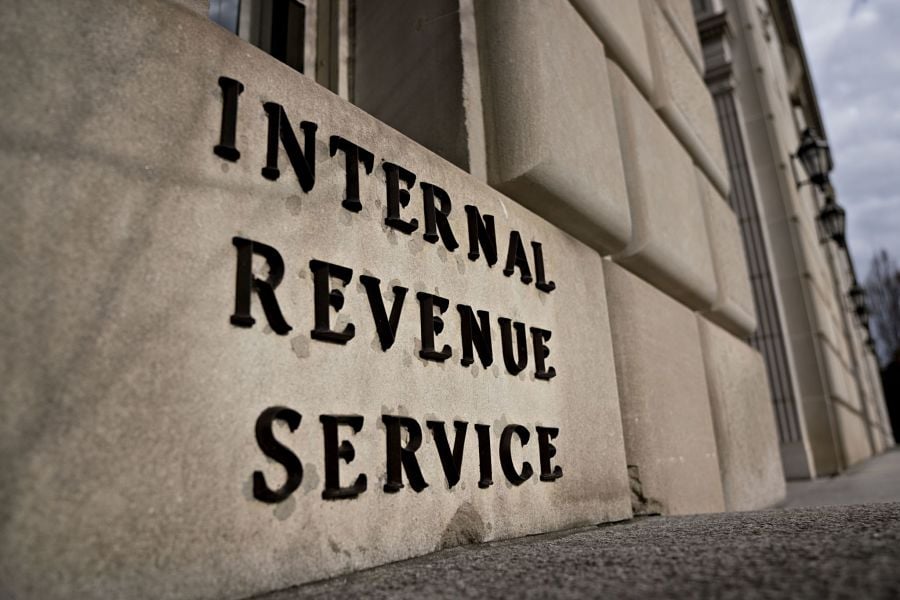

The Internal Revenue Service could seize cryptocurrency valued at billions of dollars that’s linked to tax fraud and other crimes in the coming year, according to the agency’s head of criminal investigations.
The IRS seized $3.5 billion worth of cryptocurrencies during fiscal year 2021, a figure that accounted for 93% of all the assets seized by tax enforcement that year, according to an IRS criminal investigation annual report published Thursday.
“I expect a trend of crypto seizures to continue as we move forward into fiscal year '22,” Jim Lee, the agency's criminal investigation chief, said on a call with reporters. “We’re seeing crypto involved in a number of our crimes as we move forward.”
In the past year, the IRS’s criminal unit seized billions of dollars worth of Bitcoin and other virtual currencies connected to cases involving a range of criminal activities, such as wire fraud, money laundering, the distribution of illegal narcotics and tax fraud. That included $1 billion stolen from the Silk Road, an online Bitcoin exchange that was shut down in 2013.
The unit also prosecuted a former Microsoft Corp. software developer who used cryptocurrency to hide $10 million he embezzled from the company.
The criminal investigation unit “has prioritized training and the deployment of cryptocurrency, blockchain and open-source intelligence (OSINT) technologies to unravel complex cyber-financial criminal schemes,” the division said in its report.
To further advance those efforts, the unit is opening an Advanced Collaboration & Data Center in Northern Virginia in 2022.
Congress recently granted the IRS more ability to surveil cryptocurrency transactions in the infrastructure package President Joe Biden signed into law Monday. That law will require crypto brokers to track and report transactions to the IRS in an effort to give tax authorities more visibility into virtual currency trades.
The agency could also benefit from an additional $80 billion in funding that Democrats are proposing in Biden’s Build Back Better plan. Lee said that money is desperately needed in his unit to hire more 250 to 300 more special agents, as well as invest in systems to identify and track cyber crimes.

President says he has a ‘couple of people in mind’ for central bank role.

Wall Street firm partners with Dutch online broker to fuel push into EU market.

Agreement with the US Department of Justice comes eight years after settlement.

Series C funding will accelerate unification of TAMP’s model portfolios.

While industry statistics pointing to a succession crisis can cause alarm, advisor-owners should be free to consider a middle path between staying solo and catching the surging wave of M&A.
Orion's Tom Wilson on delivering coordinated, high-touch service in a world where returns alone no longer set you apart.
Barely a decade old, registered index-linked annuities have quickly surged in popularity, thanks to their unique blend of protection and growth potential—an appealing option for investors looking to chart a steadier course through today's choppy market waters, says Myles Lambert, Brighthouse Financial.
